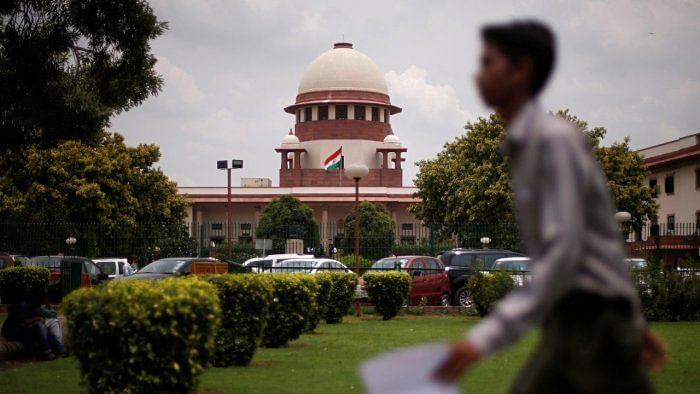
The Supreme Court on Thursday said reservation is not at odds with merit but furthers its distributive impact, as it allowed the Centre to provide 27 per cent reservation to OBC and 10 per cent to EWS in All India quota (AIQ) seats in medical courses.
"High scores in an examination are not a proxy for merit. Merit should be socially contextualised and reconceptualised as an instrument that advances social goods like equality that we as a society value. In such a context, reservation is not at odds with merit but furthers its distributive consequences," a bench presided over by Justice D Y Chandrachud said.
The court said merit cannot be reduced to narrow definitions of performance in an open competitive examination which only provided formal equality of opportunity.
"Competitive examinations assess basic current competency to allocate educational resources but are not reflective of excellence, capabilities and potential of an individual which are also shaped by lived experiences, subsequent training and individual character. Crucially, open competitive examinations do not reflect the social, economic and cultural advantage that accrues to certain classes and contributes to their success in such examinations," the bench, also comprising Justice A S Bopanna, said.
The top court released detailed reasonings by its 106-page judgement on the issue.
A group of petitioners led by Neil Aurelio Nunes challenged the Centre's notification of July 29 to implement OBC and EWS reservation in NEET-All India Quota from the current academic session in PG courses. As much as 15 per cent seats in undergraduate and 50 per cent seats in PG courses are filled through all India quota.
The court rejected constitutional validity of 27 per cent OBC quota in AIQ seats but said the income criterion of Rs 8 lakh per annum fixed for EWS candidates would be subject to final outcome of pending petitions.
The court said the scheme of AIQ was devised to allot seats in State-run medical and dental institutions in which students from across the country could compete. The observations of the SC in Pradeep Jain case that the AIQ seats must be filled by merit, must be read limited to merit vis-à-vis residence reservation. This court in Pradeep Jain case did not hold that reservation in AIQ seats is impermissible, the bench declared.
The court also did not agree to a contention that the rules of the game were changed in the middle, since as per the information bulletin, the reservation applicable to NEET-PG would be notified by the authority before the beginning of the counselling process and the candidates are not provided any information on the distribution of seat matrix at the time of filling up applications.
Watch the latest DH Videos here:
